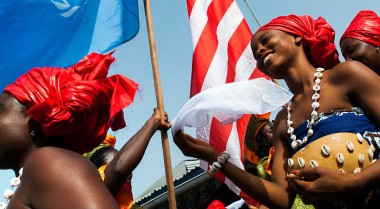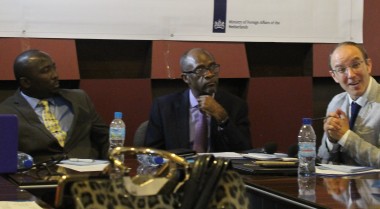
Sustaining Peace in Papua New Guinea: A Look at Conflict Prevention in Practice
Papua New Guinea is currently facing two major challenges to peace: a November 2019 Referendum on the future political status of Bougainville and the recent escalation of intercommunal violence in the Highlands region.
This tense time presents an important test for the UN’s approach to peacebuilding and sustaining peace, including the recent reforms to the UN peace and security and development systems.
GPPAC, together with International Peace Institute (IPI) assessed the response of the UN in Papua New Guinea. This was done through the review of the four areas identified in the UN Secretary-General’s 2018 Report on Peacebuilding and Sustaining Peace:
-
operational and policy coherence,
-
UN leadership at the country level,
-
partnerships with local and regional actors,
-
and international support for sustaining peace.
The implementation of sustaining peace in Papua New Guinea is already underway, with clear examples of how UN’s tools and resources reduce and prevent violence and sustain peace. As such, the study provides unique lessons learned on what is working and what is not. For instance, the importance of taking a long-term, preventative approach. It also shows how important it is to build capacity of government and civil society and to work with the Peacebuilding Commission to bring political attention in New York.

